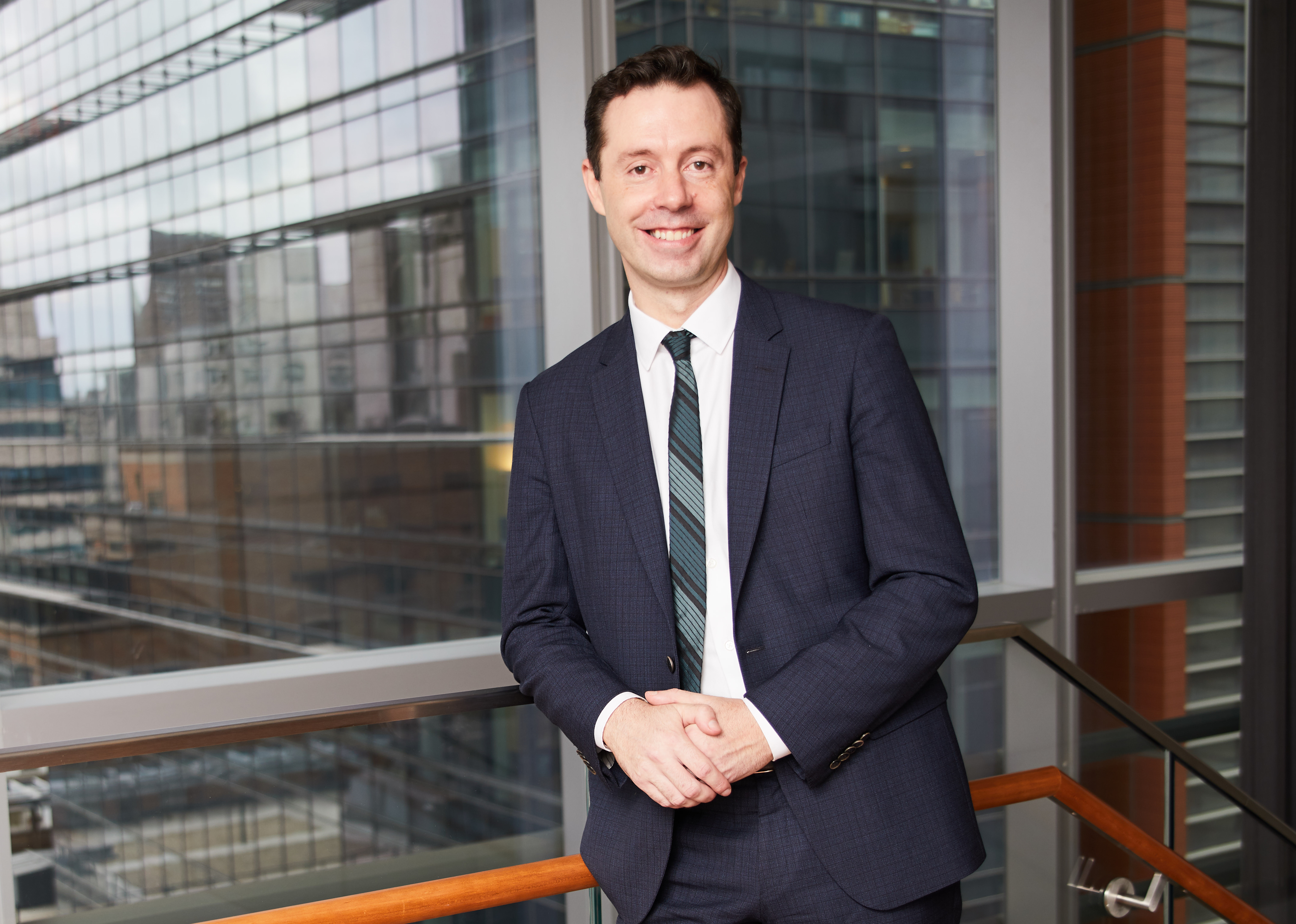
April 2020
Dear Colleagues,
We are living through extraordinary times, and I thank everyone for taking the steps necessary to stay healthy and care for family, friends and loved ones.
The regular COVID-19 updates from Cornell University and Dean Choi contain actionable information about the robust resources available to faculty, staff, and their families. These resources will continue to be updated on WCM Central, please refer to this site regularly for primary and urgent healthcare information, counseling resources, and child care services.
I hope everyone will participate in our EIPM COVID-19 Digital Questionnaire, which is now available in ten languages. Your assistance in filling-out a new questionnaire every day will help us anticipate the progression of the disease through the country. The questionnaire is designed to locate areas with a high number of infected people, it is fully anonymous, takes only 30-seconds to complete, and has already generated more than 1,900 responses.
The questionnaire feeds data into a very interesting Interactive Dashboard that you might be interested in exploring. We’ve also created an FAQ document to provide additional information about the survey and how we are using the data we generate.
Please stay in regular contact with your supervisor to keep projects moving forward as you’re able. The work of the EIPM is vitally important for advancing science and improving patient outcomes, now more than ever. Thank you for continuing to advance our mission in these challenging times.
–Olivier
Our latest publications
Ekta Khurana, Ph.D. and colleagues published, “DeepMILO: a deep learning approach to predict the impact of non-coding sequence variants on 3D chromatin structure,” in Genome Biology.
Akanksha Varma and I co-authored, “The aging skin microenvironment dictates stem cell behavior,” in Proceedings of the National Academy of Science.
Hiranmayi Ravichandran
Andrea DeMicheli, Hiranmayi Ravichandran (right), and I published “Single-Cell Analysis of the Muscle Stem Cell Hierarchy Identifies Heterotypic Communication Signals Involved in Skeletal Muscle Regeneration,” in Cell Reports.
Scott Tagawa, M.D. and colleagues published, “An evaluation of the efficacy and safety of erdafitinib for the treatment of bladder cancer,” in Pharmacotherapy.
Akanksha Verma, Giorgio Inghirami, M.D. (left) and I published, “The novel IncRNA BlackMamba controls the neoplastic phenotype of ALK anapestic large cell lymphoma by regulating the DNA helices HELLS,” in Leukemia.
Jan Krumsiek, Ph.D. and colleagues co-authored, “Sex and APOE ε4 genotype modify the Alzheimer’s disease serum metabolome,” in Nature Communications.
Lorenzo Galluzzi, Ph.D. published a Review article, “Consensus guidelines for the definition, detection and interpretation of immunogenic cell death,” in the Journal for ImmunoTherapy of Cancer.
News
Juan Miguel Mosquera, M.D., Bishoy Morris Faltas, M.D., Kentaro Ohara, Ph.D., and Hiranmayi Ravichandran for receiving funding for “High dimensional characterization of cancer immune microenvironment by imaging mass cytometry,” by the Cornell Center for Immunology.
A team of researchers from Cornell University, EIPM and colleagues, “Single-Cell Analysis of the Muscle Stem Cell Hierarchy Identifies Heterotypic Communication Signals Involved in Skeletal Muscle Regeneration,” published in Cell Reports, and their work was highlighted in The Cornell Chronicle.
Lew Cantley, Ph.D. recently spoke with journalist Katie Couric for an article in Medium on his work exploring how sugar feeds cancer cells, “With Cancer, Eating Sugar is a ‘Double Danger.’ ”
Healio News: Lisa Newman, M.D. wrote a single-center analysis that found survival differences between black and white women with triple-negative breast cancer appear to vanish when these tumors are detected by screening mammography.
Events
EIPM staff partnered with Weill Cornell Medicine, the New York City Department of Education (right), Weill Cornell Graduate School of Medical Sciences, Cornell Tech, the Cornell Center for Materials Research, Cornell Cooperative Extension – NYC Programs and the nonprofit BioBus, a mobile science lab, on the 2020 Big Red STEM Day to excite local school children about careers in science.
Brian D. Robinson, M.D. taught a short course at the USCAP pathology meeting in Los Angeles last month, “From Base to Apex: The Past, Present and Future of Prostate Pathology.”
Melissa B. Davis, Ph.D.
Melissa B. Davis, Ph.D. continued her important work exploring the link between African ancestry and breast cancer disparities, this image (left) shows her processing breast cancer tumor tissues for 3D organoids at the Komfo Anokye Teaching Hospital in Kumasi, Ghana. Dr. Davis also took time out of her busy schedule last month to speak with our friends at MSK’s Immigrant Health and Cancer Disparities Center about her research.
Thank you again for your commitment to our work.
Sincerely,![]()
Olivier Elemento, Ph.D.
